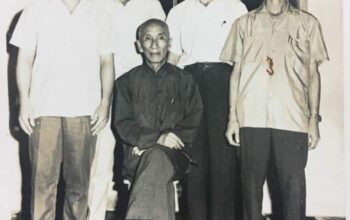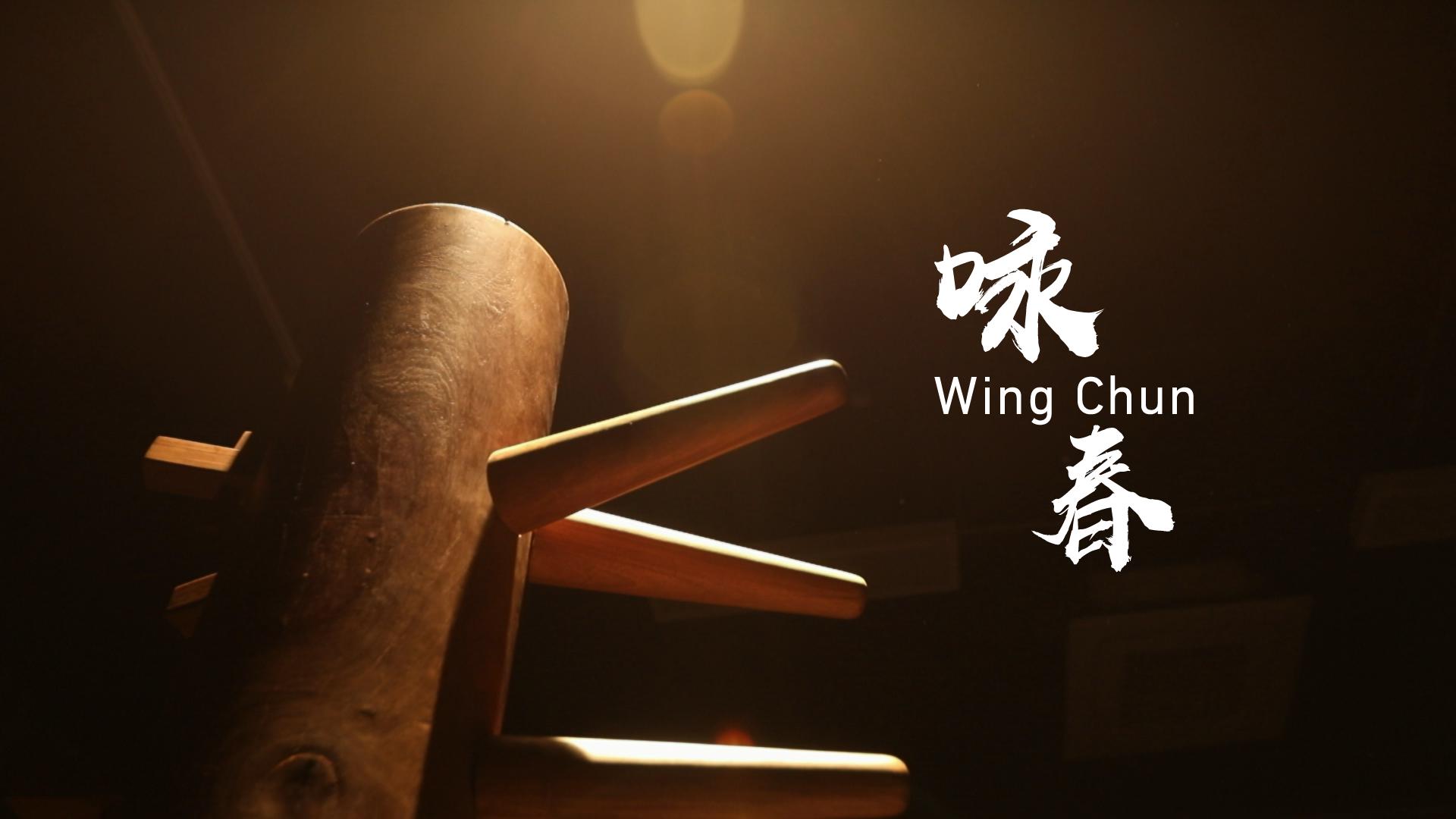Wing Chun, a traditional Chinese martial art known for its practicality and efficiency in combat, not only provides self-defense skills but also offers various benefits for the mind and body. One of these benefits is its potential to help with stress and relaxation. In this article, we will explore how Wing Chun can contribute to stress relief and promote relaxation.
- Physical Exercise: Engaging in physical exercise is known to release endorphins, the body’s natural feel-good hormones. Wing Chun involves dynamic movements that require physical exertion, which can help reduce stress levels. By practicing Wing Chun regularly, individuals can experience improved physical fitness, increased energy levels, and better overall well-being. Physical exercise has been shown to be an effective way to alleviate stress and promote relaxation.
- Mind-Body Connection: Wing Chun places a strong emphasis on the connection between the mind and the body. Through mindful practice, practitioners learn to focus their attention on their movements, breath, and body sensations. This heightened awareness and concentration help individuals stay present in the moment, allowing them to let go of external stressors and worries. The practice of Wing Chun can act as a form of meditation in motion, promoting a calm and relaxed state of mind.
- Deep Breathing and Relaxation Techniques: Wing Chun training incorporates deep breathing techniques that are beneficial for stress relief and relaxation. Controlled and deep breaths help activate the parasympathetic nervous system, which counteracts the body’s stress response. By focusing on slow, deep breaths during Wing Chun practice, individuals can induce a relaxation response, leading to a reduction in stress levels and an overall sense of calm.
- Mindfulness and Stress Management: Wing Chun training encourages mindfulness, which involves being fully present and aware of the present moment without judgment. Mindfulness has been extensively studied and proven to be effective in stress reduction and stress management. By practicing Wing Chun mindfully, individuals can learn to observe their thoughts, emotions, and physical sensations without becoming overwhelmed by them. This increased self-awareness helps individuals better manage stress and cultivate a more relaxed mindset.
- Community and Social Support: Engaging in a martial art like Wing Chun often involves being part of a community. Training with like-minded individuals and sharing the journey can provide a sense of camaraderie and social support. Having a supportive community can be instrumental in coping with stress, as individuals can find encouragement, understanding, and friendship within the Wing Chun community. The positive social interactions and connections fostered in a Wing Chun environment contribute to overall well-being and stress reduction.
It is important to note that Wing Chun, like any other martial art or physical activity, should be practiced under the guidance of a qualified instructor. A knowledgeable instructor can provide proper instruction on techniques, ensure safety during training, and offer guidance on incorporating relaxation and stress relief practices into Wing Chun sessions.
In conclusion, Wing Chun has the potential to help with stress and relaxation through physical exercise, the mind-body connection, deep breathing and relaxation techniques, mindfulness, and the support of a community. By practicing Wing Chun in a mindful and focused manner, individuals can experience the physical, mental, and emotional benefits associated with stress reduction and relaxation. Incorporating Wing Chun into a well-rounded self-care routine can contribute to a healthier and more balanced lifestyle.







